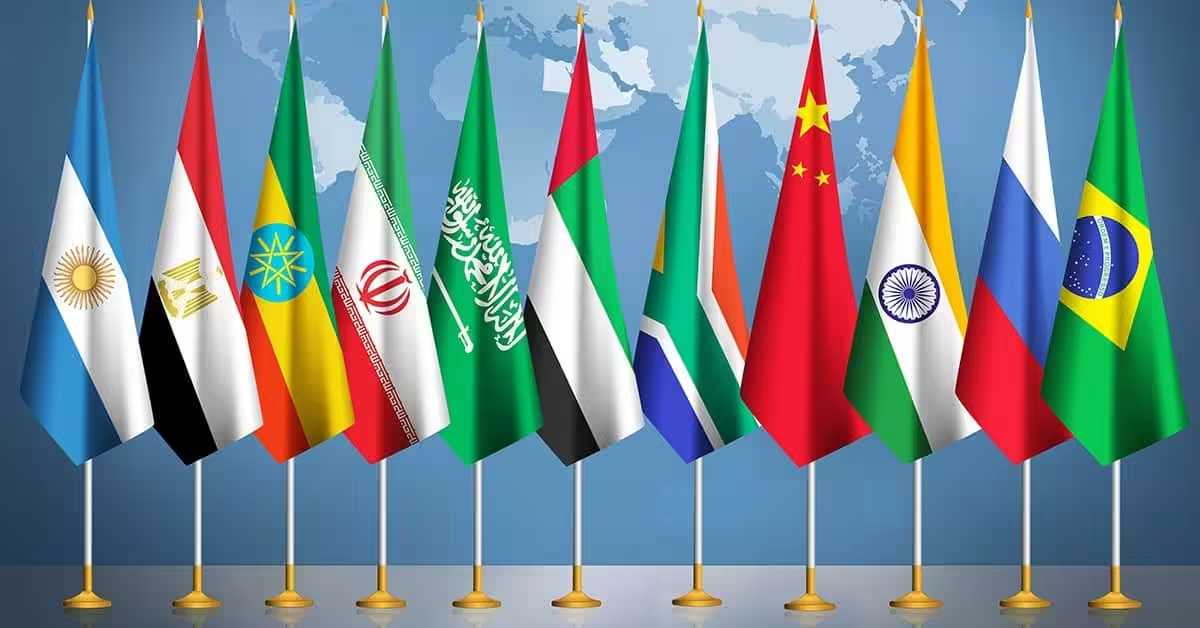|
Getting your Trinity Audio player ready...
|
As the BRICS alliance pushes towards forming a common currency, India remains cautious about the idea, citing concerns over its impact on global trade ties, particularly with the United States. While the initiative is largely driven by China and Russia, India’s leading import and export businesses express reluctance to embrace a new currency that could disrupt their established relations with the US dollar.
The proposal for a BRICS currency challenges the current global economic system, aiming to reduce dependence on the US dollar in international trade. However, India’s business community remains hesitant, emphasizing the risks of alienating critical economic partners, especially the US. Indian businesses, particularly those in the IT, banking, and trade sectors, rely on the stability and security offered by the US dollar, which has long been a cornerstone of their global transactions.
For India, the dollar represents a vital lifeline during periods of economic turbulence, and businesses fear that a shift to a BRICS currency could jeopardize their operations. The concerns are not unfounded—while a common currency might benefit China and Russia, both of whom seek to further their global influence, India’s economic interests are more aligned with the continued use of the US dollar. Russia, facing ongoing sanctions, and China, vying for dominance in global finance, are keen on reducing the dollar’s grip, but India’s priorities diverge significantly.
India’s Foreign Minister, S. Jaishankar, has reiterated the country’s stance, emphasizing that India is not against the US dollar. Instead, India seeks to maintain strong relations with the US, crucial to its ambitions of becoming the third-largest global economy. As the Indian rupee weakens against the dollar, India’s economic strategy remains firmly rooted in strengthening ties with the US rather than pursuing an uncertain BRICS currency.
In conclusion, while the BRICS bloc moves forward with its plans, India’s reluctance to embrace a common currency underlines its preference for stability and its longstanding economic partnership with the United States.
Disclaimer: The information in this article is for general purposes only and does not constitute financial advice. The author’s views are personal and may not reflect the views of Chain Affairs. Before making any investment decisions, you should always conduct your own research. Chain Affairs is not responsible for any financial losses.
With a keen eye on the latest trends and developments in the crypto space, I’m dedicated to providing readers with unbiased and insightful coverage of the market. My goal is to help people understand the nuances of cryptocurrencies and make sound investment decisions. I believe that crypto has the potential to revolutionize the way we think about money and finance, and I’m excited to be a part of this unfolding story.



